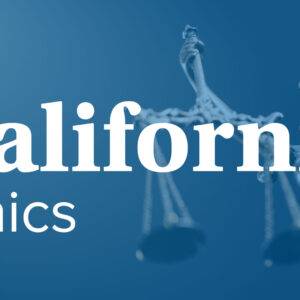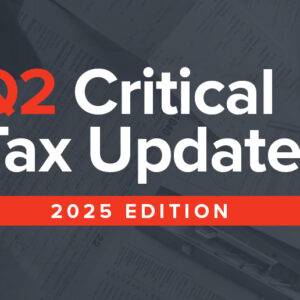WESTERN CPE BLOG
Providing the latest tax news, information, and updates for tax and finance professionals
Mindfulness for Accountants: What is Mindfulness?
Mindfulness continues to gain popularity with working professionals worldwide, especially in the United States. When I made the decision to launch the Mindful-CPA website and initiative back in early 2020 before the pandemic, I did so with the intention to provide the public accounting industry with a tool for mental wellness. The pandemic hit us a few months after the launch of Mindful-CPA, and this greatly accelerated the interest and intrigue into Mindfulness in a demanding industry like ours.
I view mindfulness as a tool that we as accounting professionals can add to our toolkit to bring balance, creativity, and energy to ourselves as we navigate constant change, both professionally and personally. Today, we’ll offer an overview of a basic working definition of mindfulness.
Why Should CPAs Learn About Mindfulness?
Many of us are distracted on a daily basis and find it difficult to focus on the task at hand. In fact, a Harvard study found that we spend 47% of our waking hours daydreaming — aka not focusing on the things right in front of our faces. So, if you’re like most people, you only bring 53% of your attention to the table at any given moment!
We know our work is iterative in nature, and many of us end up working on things we need to focus on either late in the evening or early in the morning before the “day begins.”
How do we change this paradigm? For so many CPAs, being a CPA means being constantly “on,” pressured, and anxious. How do move to a state where being a CPA means being conscious, present, and aware?
Mindfulness could be that tool to add to our toolkit!
The Meaning of Mindfulness for Financial Professionals
I personally define Mindfulness as: The Art of Focus with Complete Awareness.
Let’s break this definition into 4 parts:
- Art:
Why an “art?” This is because all of us are unique in our living and being. There is a lot of scientific research that demonstrates that mindfulness benefits our neurological ecosystem and nervous system, yet it truly is an art due to the subjective nature of the what and how of who we are.
- Focus:
This is the operative word in my definition. Being mindful is being in the current moment for a reason. And what is that reason? Well, simply put, it’s Focus. Many of us may have read books like The Power of Now or Be Here Now, by accomplished and popular authors and leaders. Well, what is the purpose of “being in the here and now?” It’s simply to achieve Focus.
- Full:
The word “Full” can be interchanged with the word “Complete.” Full as in the maximum capacity one has.
- Awareness:
The concept and term of “Awareness” to me is simply always having context in all we do — having awareness of our mental context, awareness of our physical context, awareness of our past context, and awareness of our future context. Awareness is different from Focus. It surrounds Focus on all sides.

My month-long trip to Tibet – North of the Himalayas in 2003
The Compass of Mindfulness
Here is a visual way to understand my definition above, using what I have created as The Compass of Mindfulness with what we Focus on in the center and the four directions being Full Awareness.

A simple and accessible way to approach mindfulness is the concept of a mental workout in addition to our physical workout that so many of us try to do regularly. A practice of mindfulness for a limited time daily can be viewed as mental cardio or working on our mental biceps!
Next time, I will address: Mindfulness – What are the immediate and long-term benefits for us as CPAs?
-
Self-Study
Ethics for California
$116.00 – $136.00 Select options This product has multiple variants. The options may be chosen on the product page -
Webcast
Q2 Critical Tax Updates
$98.00Original price was: $98.00.$49.00Current price is: $49.00. Add to cart -
Self-Study
Individual Income Tax Credits & Due Diligence Requirements
$145.00 – $175.00 Select options This product has multiple variants. The options may be chosen on the product page -
Self-Study
Become an Expert on Lookup Functions
$58.00 – $78.00 Select options This product has multiple variants. The options may be chosen on the product page -
Self-Study
Accountant Ethics for Delaware
$116.00 – $136.00 Select options This product has multiple variants. The options may be chosen on the product page -
Self-Study
Error-Proofing Excel Spreadsheets
$145.00 – $175.00 Select options This product has multiple variants. The options may be chosen on the product page








